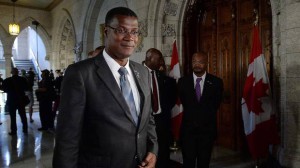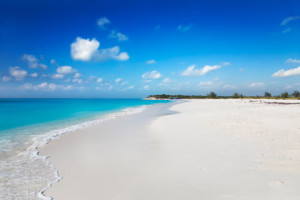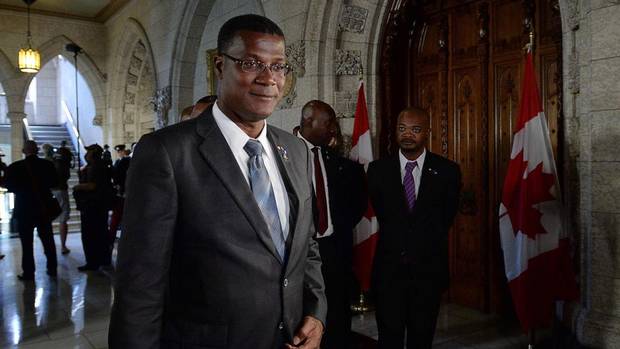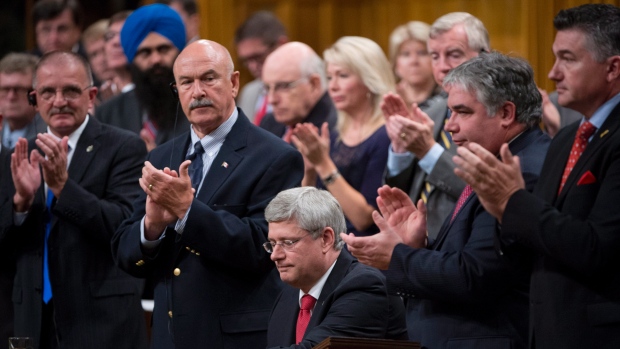From time-to-time, debate emerges in Canada’s political circles about the prospect of the Turks and Caicos Islands’ joining Confederation as a province or territory. Most recently, a visit to Ottawa by Premier Rufus Ewing of the Turks and Caicos in May 2014 caused much excitement in the Canadian media. Many of the arguments in favour of annexing these islands have been founded on the potential economic benefits. Certainly, Canada already has a significant economic presence there, with Canadian entities owning most of the Turks and Caicos’ major banks, the main hospital, the power and utility company, and most hotels and resorts. But the implications for Canadian defence policy have largely been missing from the discussion.

Canada has long been involved in promoting security in the Caribbean region. Operation Caribbe, established in 2005, sees vessels of the Royal Canadian Navy (RCN) patrolling the Caribbean to intercept narcotics shipments. Canada participates each year in Exercise Unitas, a large-scale multilateral exercise held off the Central American coast. Perhaps more importantly, Haiti is the largest beneficiary of Canadian development assistance and the Canadian Forces have played an integral role in various humanitarian missions in the country, such as the United Nations Stabilization Mission in Haiti (MINUSTAH) and the Stabilization and Reconstruction Task Force (START).
Although the Turks and Caicos are currently a British Overseas Territory, the establishment of a Canadian naval and airbase in the island chain would greatly improve Canada’s capacity to respond to security threats in the region. Grand Turk Island, the main island in the chain, is located no more than 220 kilometres from the Haitian coast. It is also approximately 375 kilometres from Cuba. In the event that the communist regime were to collapse violently in the latter country, leaving Cuba a failed state, a Canadian presence could be crucial to securing a stable and democratic transition, especially given the suspicion with which an American intervention would be regarded.
By comparison, the distance from the Haitian coast to the nearest current Canadian naval base is approximately 3,000 kilometres. RCN vessels would actually have to pass by the Turks and Caicos on the way. Yet the port facilities at Grand Turk are already able to accommodate vessels of even greater size than those that comprise Canada’s maritime forces. In July 2013, the British vessel HMS Lancaster visited the island chain. The Lancaster has a displacement of 4,900 tons and a draught of 7.3 metres, while the Iroquois-class destroyer, currently the largest vessel class operated by Canada, has a displacement of 5,100 tons and a draught of 4.7 metres. Given the similar sizes of these vessels but the deeper draught of HMS Lancaster, it is clear that conditions in Grand Turk are conducive to a permanent naval base.

A Canadian military presence in the Caribbean could also help to restore the relevance of the Organization of American States (OAS), which observers have suggested is in a state of severe decline. The OAS has encountered considerable difficulty reaching consensus on a range of issues, and some members such as Venezuela have pushed for the formation of a new regional bloc that would exclude the United States and Canada. But a significant push for the OAS to take on a greater role in counter-trafficking, with Canada at the forefront through a presence in the Turks and Caicos Islands, could help OAS members find common ground. Though the membership may disagree strongly on such matters as pluralism and freedom of the press, all can surely agree on the need to combat organized crime.
There are enormous benefits to the annexation of the Turks and Caicos Islands, ensuring the stability of the region while also greatly expanding Canada’s influence in the Western Hemisphere. The challenge is for Canadian policymakers to make this case to the public. Currently, with a federal election right around the corner, there seems to be a lack of courage in Ottawa to do so.




